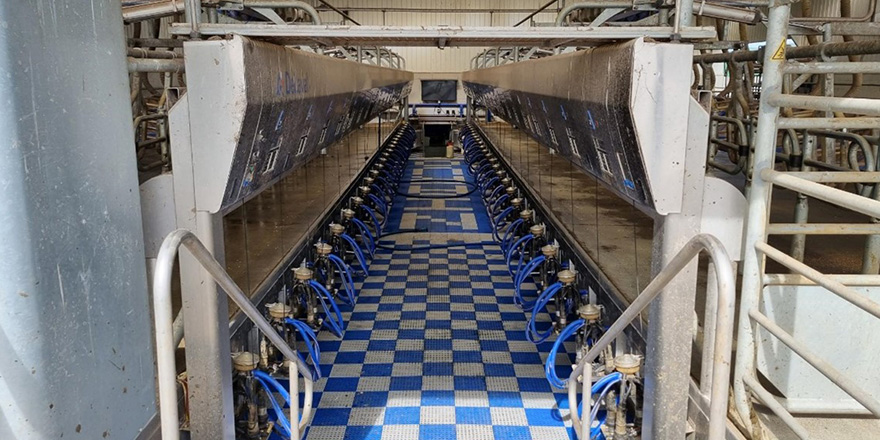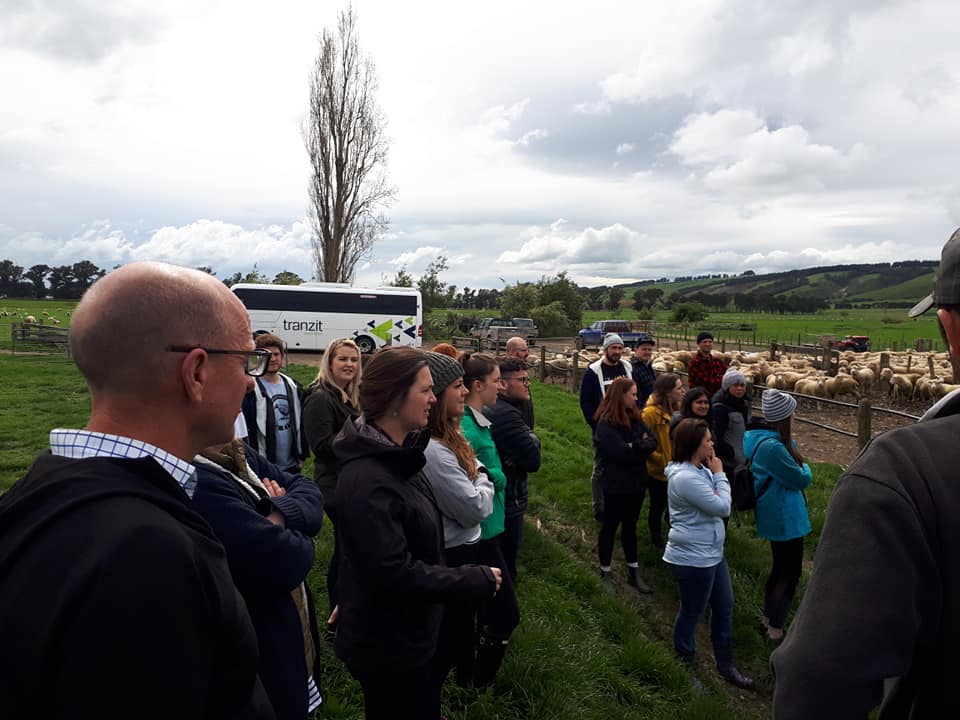
Executive summary
There is great potential and high demand for our Food and Fibre sector graduates. Even with a high focus on sector initiatives to attract and retain people, the rural talent shortage continues to challenge the industry at all levels. Businesses are facing the likelihood of more frequent new staff turnover (every 18 months – 3 years) with many direct and indirect costs that have flow-on effects. Integrating new staff into their roles as soon as possible is highly desirable to minimise disruption.
This study looked at what is important for thriving early career development for rural professionals in skilled technical support roles in agribusinesses. It aimed to understand the options and designs for early career development and the key features of a successful graduate programme. The methodology included a literature review, followed by semi-structured interviews with 12 early to mid-career employees and eight agribusiness support companies to understand expectations and perspectives from their experiences.
Key findings:
A career is a process, not a destination, with constant moving parts and balancing priorities. Early career experiences are one factor in retaining new talent or attracting them back later in their career. Support, connections, proactive development conversations and providing graduates ownership of certain tasks
are all key factors for a positive experience.
Graduate programmes can help provide structure, but it is often the individual experiences with an employer, with considerations of balancing lifestyle, development and career aims. Businesses need to look at their situation and roles to understand the specific turnover challenges, and how to address these.
Most students at university do not have clarity of their career path. They have general themes of perceived importance that can change with experience. Companies need to do more to promote options for summer work and internships to assist students with their career direction and provide examples of sample career paths.
Graduate programmes can attract new talent, but they must be well considered for talent retention. Graduate roles not part of a structured programme can be just as successful and sought out by students.
Awareness of the opportunities can be a limitation, as it is often through personal connections and word of mouth. It is important to take the time to understand what both the business and the employee need to ensure there isn’t a difference between expectations and reality. Do not overpromise and under-deliver. Companies are often pleasantly surprised by the value graduates can add to their business, regularly exceeding expectations. It is important to ensure this value is realised and that the
“new graduate” title doesn’t limit employee’s responsibilities or opportunities.
Recommendations for businesses:
- Have proactive open conversations on career progression.
- Describe example career pathway options, to allow employee visibility and consideration to their career aims and interest. Promote open feedback and reflection from this.
- Invest early in learning and development in communication and soft skills as well as technical skills.
- Undertake a strategic review of graduate roles within companies. Considering the structure, core tasks, and what else can be done for opportunities as a career package.
- Explore options for a collaborative event for Agri-graduates and early career employees within regions to foster and support early networking, promote connections, and build relationships.
- Investigate improved sector options for formal or informal early career employee training and consider supporting networking and providing mentoring support.
- Align more with university courses and have early and mid-career employees participate in networking events to share experiences and potential sample career pathways.
Recommendations for early career employees:
seek out industry networking groups for stimulation and support, particularly if not receiving development or support within current role or company.
Download and read the full report here:




